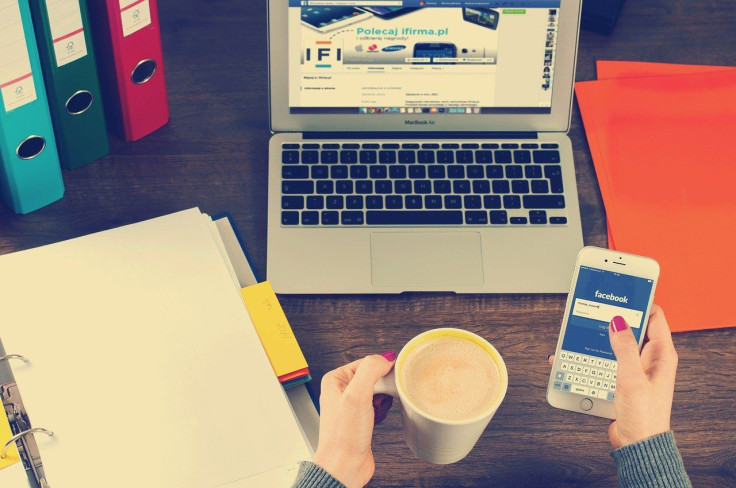Labor Vs Leisure? Smartphone Breaks When Bored, Fatigued At Work Don't Help: Study
KEY POINTS
- Most people nowadays have smartphones
- These devices connect them to their personal lives even at work
- Fatigue and boredom at work increases the likelihood of smartphone use: Study
- However, smartphone use did not alleviate the participants' fatigue and boredom
Are you one of the many people who take short smartphone breaks at work? A team of researchers has found that such short breaks don't help and may even increase one's boredom and fatigue.
In the past, people were essentially "disconnected" from their private lives while at work, the researchers of a new study, published in Royal Society Open Science, said. However, the advent of smartphones changed that. Because of smartphones, people can now have access o their personal lives even when they are in their respective workplaces. All they need to do is use instant messaging or social media apps.
According to the researchers, the decision of whether to keep working or take a break is called "labor vs. leisure."
"Motivational models predict that people are more likely to switch from labor (work) to leisure (smartphone) the more fatigue or boredom they experience," the researchers wrote. "In turn, fatigue and boredom are expected to decrease after the smartphone was used."
However, how exactly smartphone use at work is related to fatigue and boredom remains unclear.
To find out, a team of researchers from Radboud University's Behavioral Science Institute in The Netherlands conducted an experiment to see whether fatigue and boredom would increase smartphone use at work and whether such usage would actually decrease their fatigue and boredom.
A total of 83 Ph.D. candidates participated in the experiment. Each person was tasked to report their level of fatigue and boredom every hour for three days while working. They also had a smartphone app that continuously recorded their smartphone usage.
The results revealed that the participants were more likely to use their smartphones the more they were bored or fatigued. But those who reported being more bored or fatigued than others did not use it for a longer period of time.
What really surprised the researchers is that the results also showed such short breaks did not help alleviate the participants' boredom or fatigue. In fact, they just became more bored and tired after the short break. This contradicts one of the researchers' two hypotheses that boredom and fatigue would decrease with more smartphone use.
"Our results suggest that rather than being a recovering microbreak, using one's smartphone at work might have phenomenological costs (i.e. increases in fatigue and boredom), and should thus be avoided," the researchers wrote. "While we cannot establish that smartphone breaks caused increases in boredom and fatigue, we can cautiously conclude that smartphone breaks were associated with subsequent increases in, and not with recovery from, boredom and fatigue."
The researchers proposed two possibilities for this "counterintuitive" finding. First, it's possible that it reflects the "cognitive cost" of having to switch back and forth between different tasks. The other possibility is that the break may be too short to result in a motivation boost.
As such, the researchers said that when using smartphones for "microbreaks," people should use them for other activities that bring joy like looking at photos of their loved ones instead of scrolling "mindlessly," reported Medical Xpress.
According to the researchers, their study is small and thus should not be relied on to create policies or interventions, but it does provide "real-life" evidence and warrants further study.

© Copyright IBTimes 2024. All rights reserved.






















